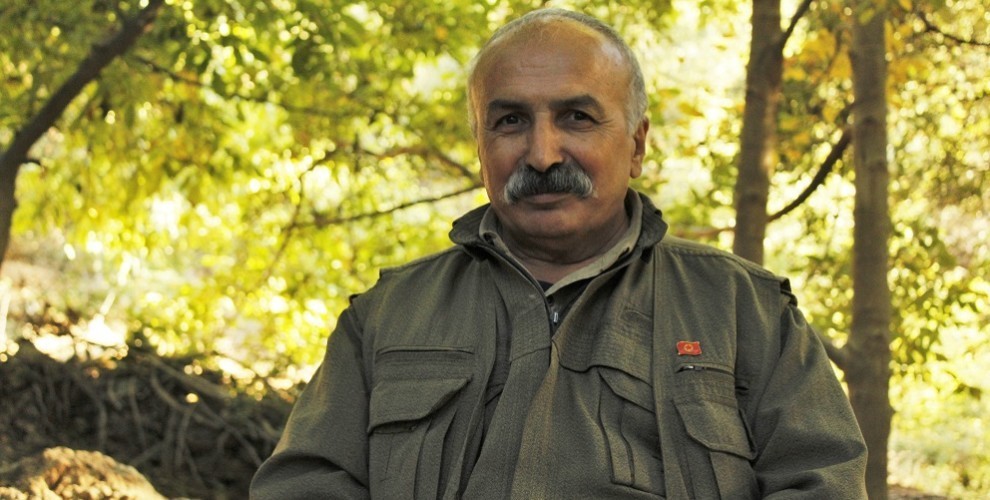Karasu: Turkey on the verge of collapse like in 1998
In an article for Yeni Özgur Politika, KCK Executive Council Member Mustafa Karasu analysed the situation from the 9 October conspiracy.
In an article for Yeni Özgur Politika, KCK Executive Council Member Mustafa Karasu analysed the situation from the 9 October conspiracy.

In a piece for Yeni Özgur Politika, KCK Executive Council Member Mustafa Karasu, writes about the 20th anniversary of the 9 October conspiracy against Kurdish People's Leader Abdullah Öcalan.
“We are entering the 21st year of the international conspiracy against Leader Apo. - writes Karasu - In the history of the world, it is the first time that a people's leader is kept in a single-person cell on an island for so many years. This bondage makes clear what the Kurdish reality means in the Middle East. It also shows the kind of policy forced upon Kurds. It reveals the level of hostility towards the Kurds”.
Karasu continues: “This level of conspiracy against the Kurdish People's Leader and the analysis of the genocide policy on the Kurds are related to the character of the Middle East geography and the shaping of the Turkish nation. If we fail to understand this, it would not be possible to understand the conspiracy and be aware of the practices imposed on the Kurdish People's Leader”.
Karasu detailed how the international conspiracy happened during a time when the capitalist modernist system led by the United States coincided with the difficult situation of the Turkish state against the Kurdish Freedom Movement and the attempt to establish a new status quo and order in the Middle East.
“The US - writes Karasu - was aiming to expand its intervention in Iraq after the First Gulf War of 1991 and to control Iraq completely and establish a new hegemonic system in the Middle East. However, it saw the PKK as an obstacle as it was trying to establish an alternative Middle East order”.
Therefore, they wanted to liquidate the PKK and in this way save the KDP and the YNK, which were its tools for establishing control over all Kurds.
“For these reasons, - adds Karasu - the PKK had to be neutralized before entering the 2nd Gulf War. Leader Apo should have been eliminated in order to neutralize the PKK”.
Karasu then goes over the developments from the ‘90s onwards. Plans of course did not go as they had forecast, said Karasu.
Which is way today, he writes, “the Freedom Movement, led by the PKK, has become an alternative to capitalist modernity not only in the Middle East but all over the world. As it had happened at the end of the 1990s, the Turkish state has come to the point of collapse in all respects against our struggle. Turkey does not fulfill the role assigned to it by NATO and international forces state. The PKK's struggle played a decisive role in this. The international forces are now frightened by the PKK strength in the Middle East and in the world. Germany's recovery efforts towards Turkey have been made on behalf of all the modernist capitalist system. The most recent US embrace of Turkey in Idlib is aimed at both trying to offer Turkey a recovery way out and at giving Turkey a role in Syria and the Middle East”.
In this regard recently Turkey and Europe are using the “intensification of the isolation imposed on Leader Apo as a way to isolate an entire collectivity and the Freedom Movement”.
The attitude towards Leader Apo, says Karasu, “is an attitude towards the Kurdish people and the Freedom Movement.
In the face of this situation, “the duty that falls upon the Freedom Movement and the Kurdish people, as always, is to reclaim in the strongest way Leader Apo. The way is to raise the struggle against the AKP-MHP fascism everywhere. This is the meaningful answer we will give to the international conspiracy today as we did yesterday”.